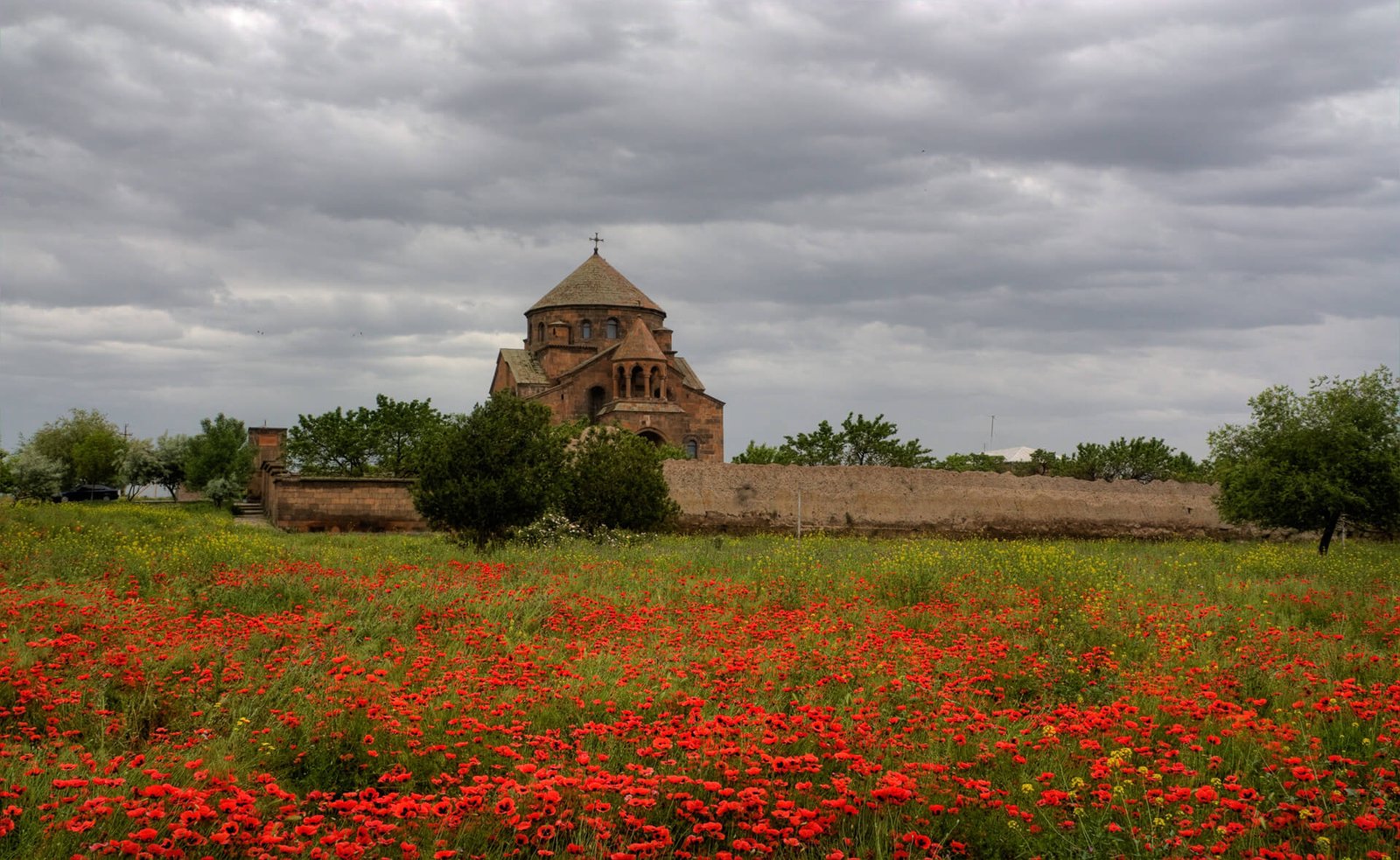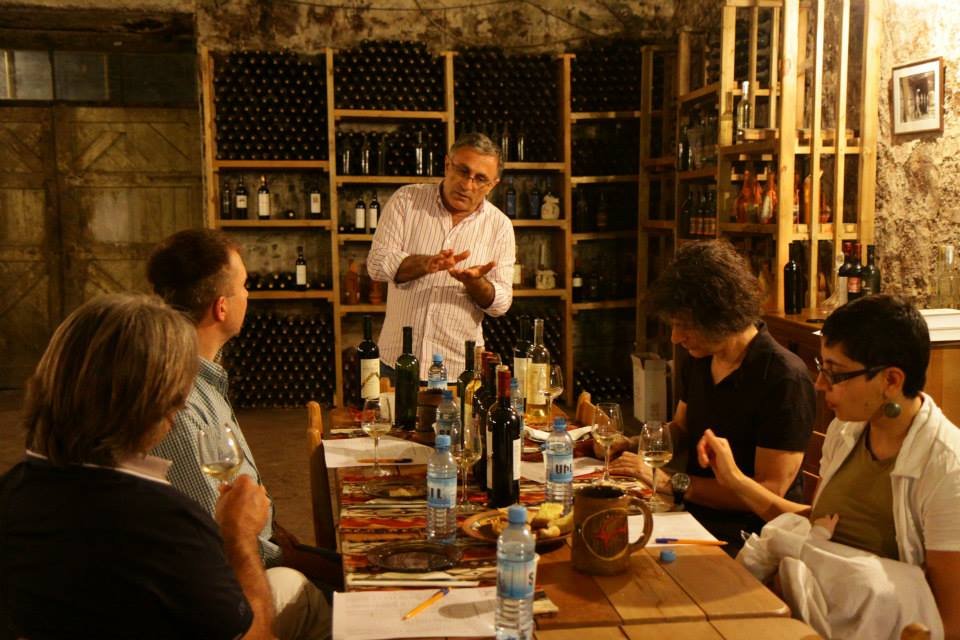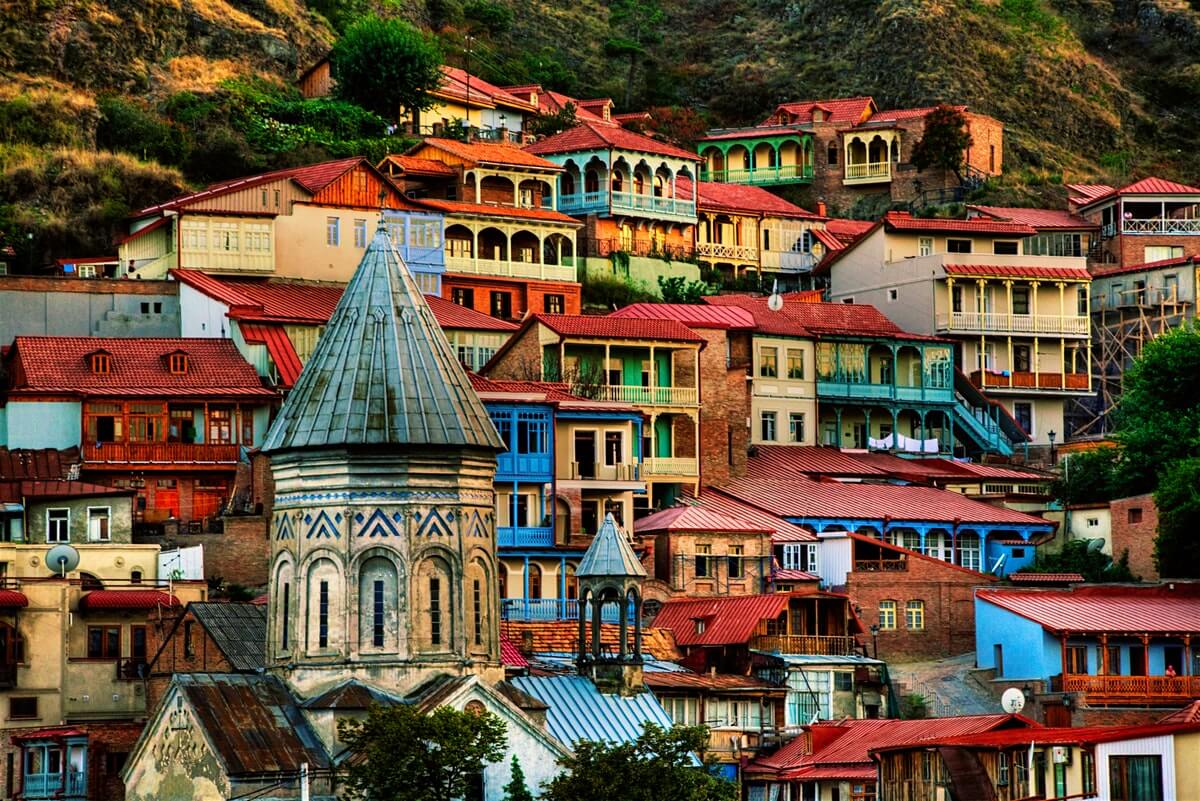Territory: 2,704 km2
Population: 128,609
Center: Ijevan
The main branch of economy: manufacturing
Tavush lies in the Northeast of Armenia, and is considered by many its most remote area. A portion of the North-South corridor from Georgia to Iran passes through the region. It is bordered by Georgia from the north and Azerbaijan from the east. Domestically, it is bordered by the Gegharkunik Province from the south, Kotayk Province from the southwest and Lori Province from west.
The capital of the region is Ijevan, in a valley with woodlands and vineyards, and is home to Ijevan Winery, one of the most successful wineries in the country.
Geography
The territory is mainly mountainous and rocky hillsides covered with a green carpet of Alpine meadows. The province entirely lies among the mountains of the Lesser Caucasus. Tavush region is sometimes referred to as a little Armenian Switzerland. The average height of the region is around 900 meters above sea level.
The province is a major source of water in Armenia. The main source is Aghstev river. Tavush is also rich for its mountain springs, mineral water and small lakes such as the
Lake Parz and Lake Gosh
Most of the Tavush territory is covered with thick forests, mainly around the towns of Dilijan and Ijevan. The province has a number of protected forests including the Dilijan National Park, Gandzakar Sanctuary, Ijevan Sanctuary and Zikatar Sanctuary etc.
Tourist attraction
Tavush region is rich in historic buildings, monasteries - castles, khachkares (cross stones), bridges, mausoleums, monuments. More famous are the Goshavank Makaravank and Haghartsin monasteries, Tavush fortress, etc.
Interstate, republican and local roads go through the region. Yerevan-Tbilisi railway goes through the Northern border lengthwise, near Debed river bank. The Northern Caucasus-Tbilisi-Yerevan gas-bearer also goes through the region center.
Economy
The region is not rich in mineral resources. The main branch of economy of the region is manufacturing - the food industry and woodworking. Wine, mineral waters, stone and wood products are exported to external markets.
The Agriculture has an essential role in the region’s economic life, the main trend of which is separated by small cattle husbandry and field-crop cultivation, beekeeping, viticulture.
Region's clean air, medicinal mineral waters, forests are an excellent prerequisite for the tourism and for the restoration of health.
.
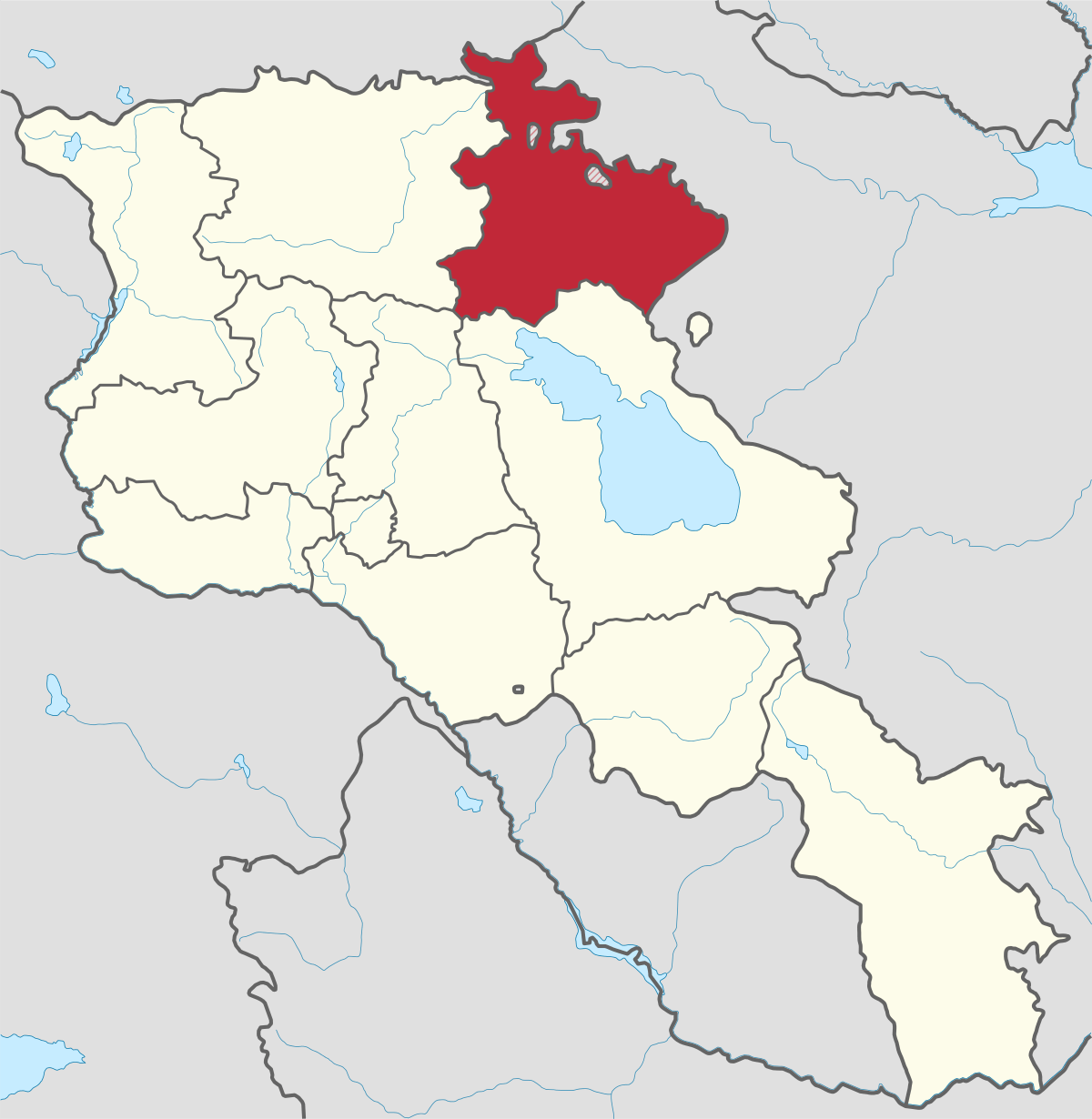
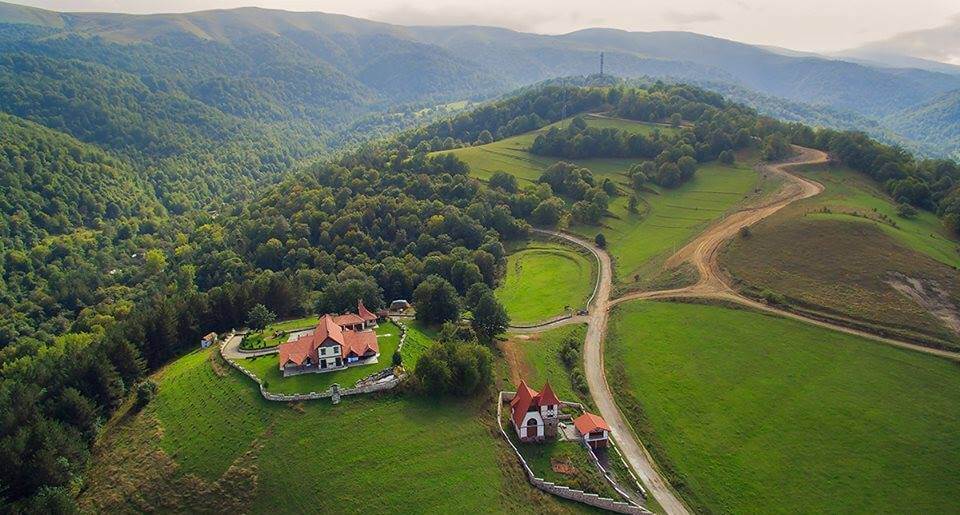
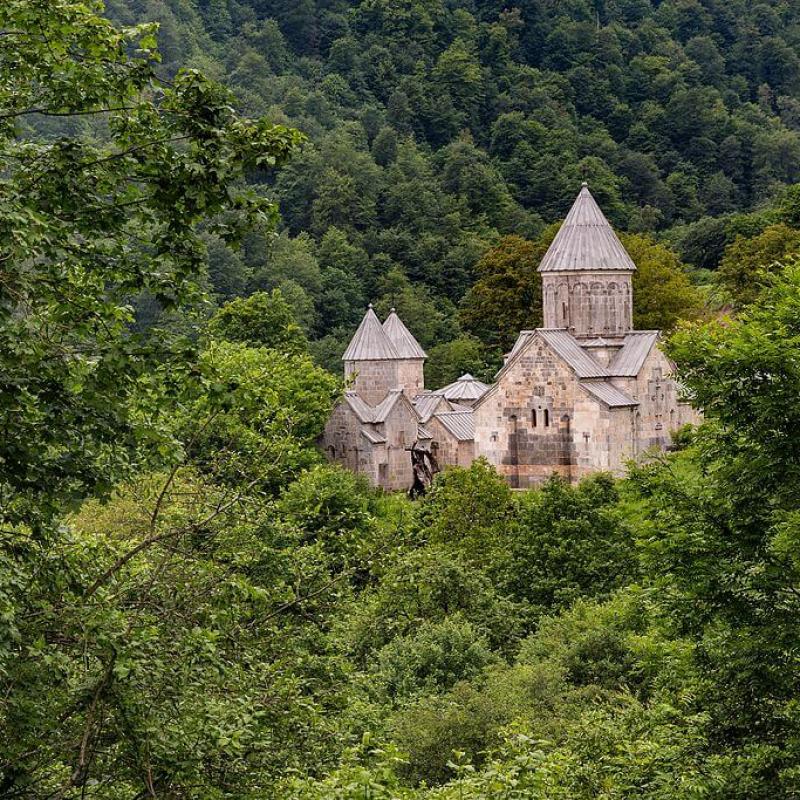
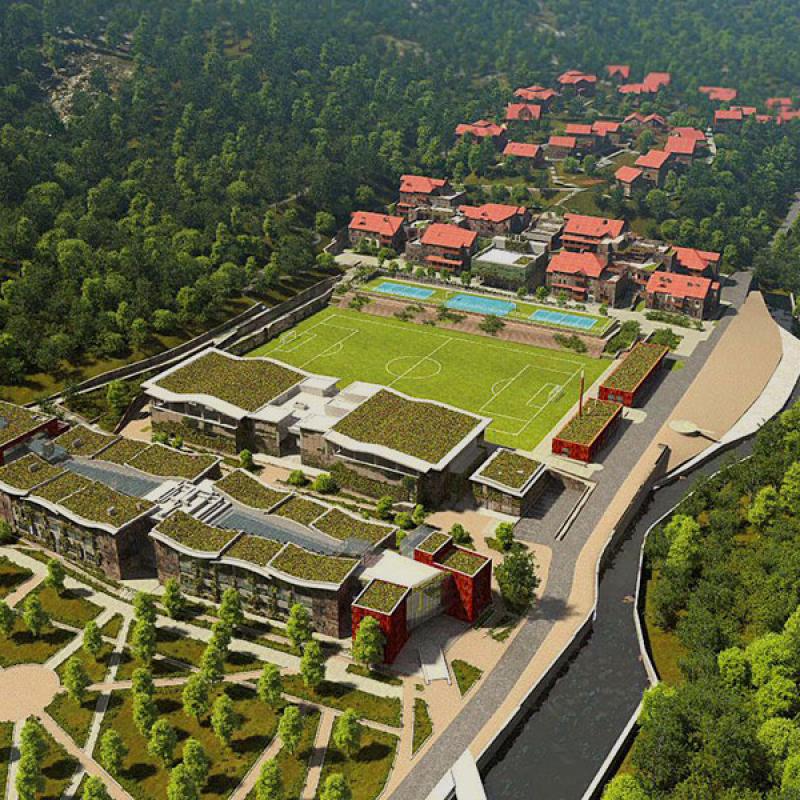
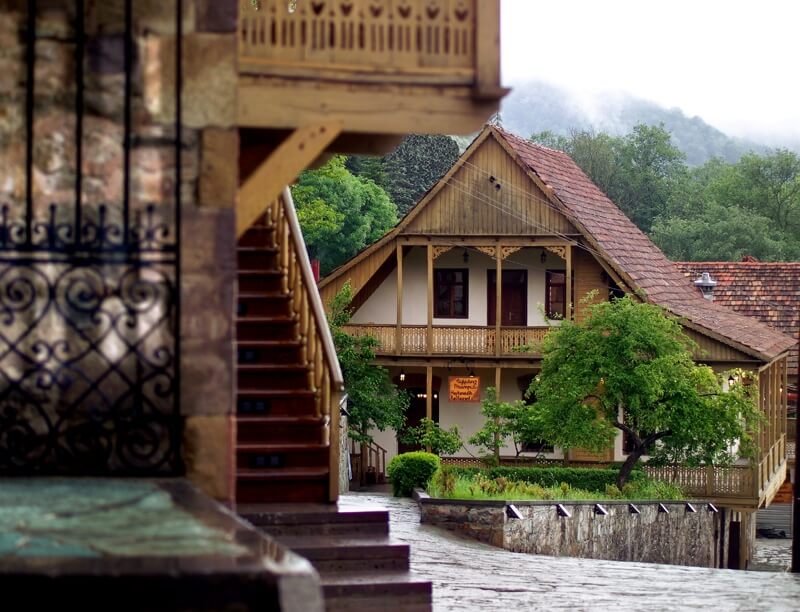
.jpg)

